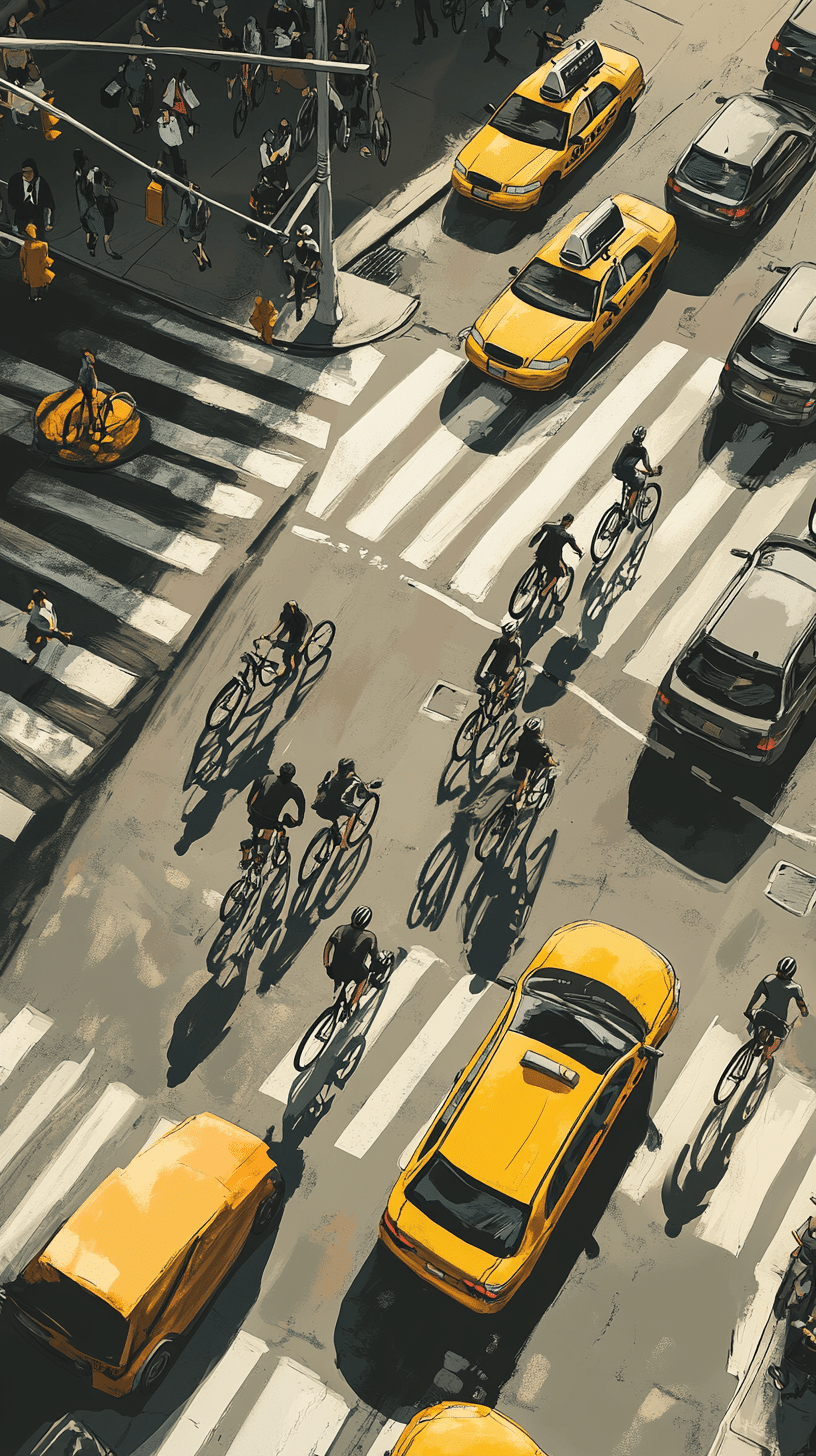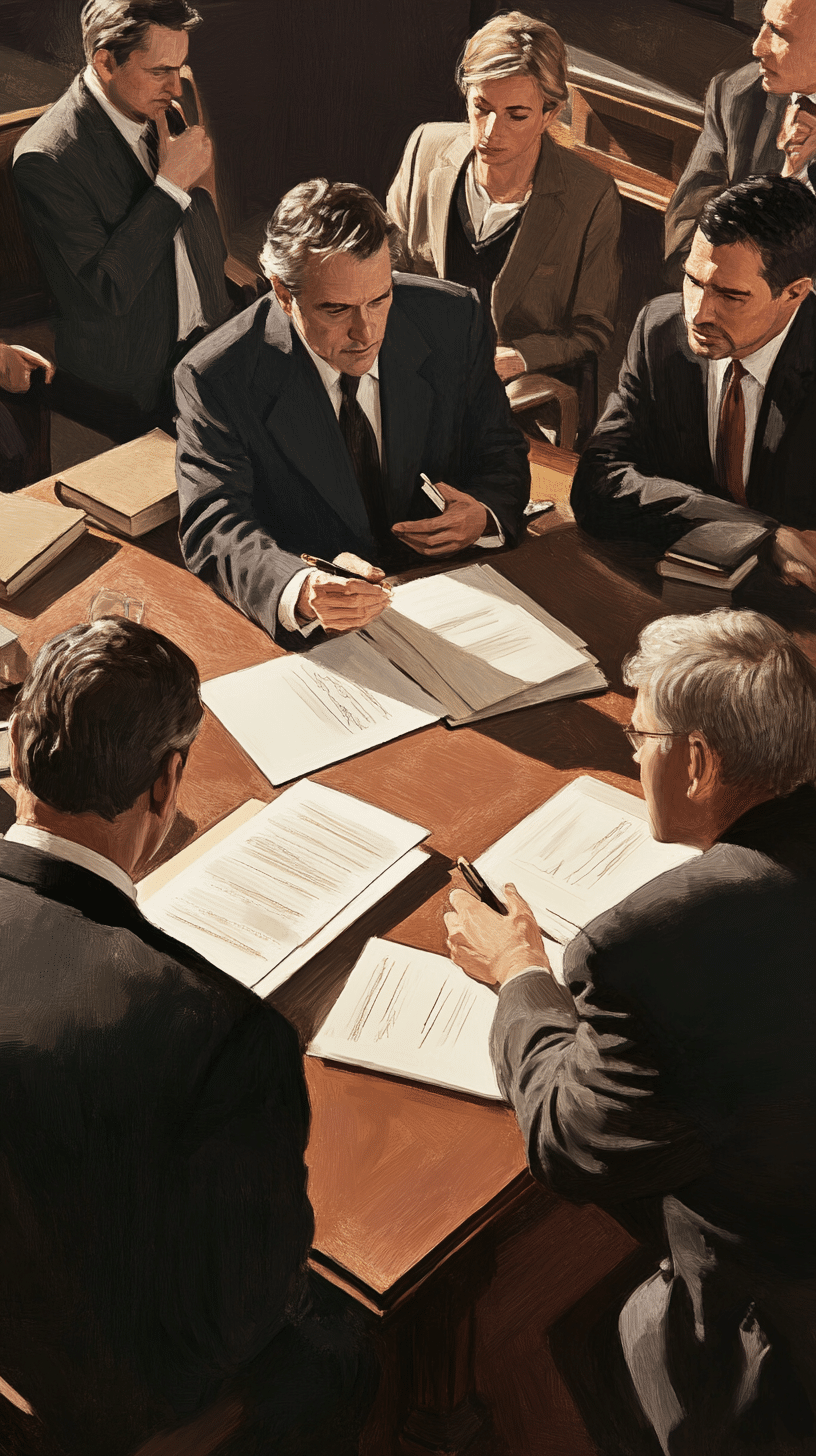Cashbamba v 1056 Bedford LLC, 2019 NY Slip Op 03456 (1st Dept. 2019)
(1)”Defendants failed to comply with the requirement of 22 NYCRR 202.7 to submit an affirmation of good faith in support of their disclosure-related motion. Contrary to their contention, their counsel’s affirmations are insufficient, because they do not include the time, place, and nature of the consultations that counsel had with plaintiff’s counsel to try to resolve the issues raised by the motion (22 NYCRR 202.7[c]; see 241 Fifth Ave. Hotel, LLC v GSY Corp., 110 AD3d 470, 471-472 [1st Dept 2013]; see also Loeb v Assara N.Y. I, L.P., 118 AD3d 457, 457-458 [1st Dept 2014]). To the extent defendants rely on letters exchanged between their counsel and plaintiff’s counsel, the letters are insufficient, because they relate to only one of the items sought by defendants and do not reference any discussions between counsel. Moreover, the record does not support defendants’ contention that the parties have historically been unable to resolve discovery disputes without court intervention.”
(2) “Furthermore, defendants failed to provide an adequate explanation for their delay in seeking to compel the examination after plaintiff failed to appear. They also failed to explain why they did not move to reargue and/or appeal the court’s decision of June 15, 2017, wherein it denied defendants’ motion to vacate the note of issue. In its decision, the court stated that the motion was denied as moot as “[a]ll discovery sought in the motion has now been provided.” Instead, defendants waited until August 27, 2018, to move to strike the complaint or to preclude plaintiff from providing evidence of his neurological injuries or for an order compelling plaintiff to appear for an independent neurological examination and to provide authorizations.”
The lesson here is once that Note of Issue is thrown down, you need to act expeditiously, whether to reargue or to appeal. Defendant fell asleep here and got severely punished.












